Introduction to Maitake Mushrooms
Maitake mushrooms (Grifola frondosa), also known as "hen of the woods" or "dancing mushrooms" in Japanese, have captivated food enthusiasts and health practitioners alike for centuries. These remarkable fungi, with their distinctive fan-like clusters resembling the feathers of a hen, grow primarily at the base of oak, maple, and elm trees throughout the forests of North America, Europe, and Asia. Beyond their unique appearance and delicious earthy flavor, maitake mushrooms are increasingly recognized for their impressive nutritional profile and potential health benefits.
In recent decades, these once-obscure mushrooms have gained significant popularity in Western countries, transitioning from traditional Japanese medicine cabinets to mainstream grocery stores and supplement shelves. This surge in interest is largely due to mounting research highlighting maitake's exceptional nutrient density and therapeutic potential.
This comprehensive guide delves into the detailed nutrition facts of maitake mushrooms, exploring their macronutrient composition, vitamin and mineral content, unique bioactive compounds, and the science-backed health benefits they may offer. Whether you're a nutrition enthusiast, health professional, or simply curious about incorporating these powerful fungi into your diet, this article provides everything you need to know about maitake mushroom nutrition.
Macronutrient Composition of Maitake Mushrooms
Like most mushrooms, maitake has an impressive nutritional profile with a favorable balance of macronutrients. Let's examine the macronutrient composition of fresh maitake mushrooms per 100-gram serving:
Calories and Overall Composition
- Calories: 31 calories
- Water Content: Approximately 90%
- Dry Matter: Approximately 10%
Maitake mushrooms are remarkably low in calories, making them an excellent addition to weight management diets. Their high water content contributes to their juicy texture when cooked properly.
Protein Content
- Protein: 2.2 grams
Though modest in amount, the protein in maitake mushrooms contains all nine essential amino acids, making it a complete protein source. While not comparable to animal protein sources in quantity, the quality of mushroom protein is noteworthy, especially for plant-based diets.
Carbohydrate Content
- Total Carbohydrates: 5 grams
- Dietary Fiber: 2.7 grams
- Sugars: 1.7 grams
- Net Carbs: 2.3 grams
Maitake mushrooms are low in carbohydrates, with a significant portion being dietary fiber. This makes them suitable for low-carb and ketogenic diets. The fiber content supports digestive health and contributes to their satiating effect.
Fat Content
- Total Fat: 0.2 grams
- Saturated Fat: 0 grams
- Unsaturated Fat: 0.2 grams
Maitake mushrooms are virtually fat-free, with minimal amounts of healthy unsaturated fats. This makes them an excellent choice for heart-healthy and low-fat dietary patterns.

Vitamin Content in Maitake Mushrooms
Maitake mushrooms are packed with essential vitamins, particularly from the B-complex family. Here's a detailed breakdown of their vitamin content per 100-gram serving:
Vitamin D
- Vitamin D: 28 micrograms (1,123 IU) – 140% of Daily Value
Maitake mushrooms are one of the richest natural food sources of vitamin D, particularly when they've been exposed to sunlight. This makes them especially valuable for supporting bone health, immune function, and mood regulation. The vitamin D content can vary based on growing conditions and sunlight exposure.
B Vitamins
- Niacin (B3): 6.6 mg – 41% of Daily Value
- Riboflavin (B2): 0.2 mg – 15% of Daily Value
- Pantothenic Acid (B5): 1.5 mg – 30% of Daily Value
- Vitamin B6 (Pyridoxine): 0.1 mg – 6% of Daily Value
- Thiamine (B1): 0.1 mg – 8% of Daily Value
- Folate (B9): 25 mcg – 6% of Daily Value
- Biotin (B7): Significant amounts (exact values vary)
Maitake mushrooms are particularly rich in niacin (vitamin B3), which supports energy metabolism and nervous system function. The diverse B-vitamin profile makes maitake valuable for energy production, brain health, and cellular function.
Other Vitamins
- Vitamin C: 0-2 mg (amounts vary based on freshness)
- Vitamin E: Trace amounts
- Vitamin K: Trace amounts
While not a significant source of these vitamins, the small amounts contribute to maitake's overall nutritional value.
Mineral Content in Maitake Mushrooms
Maitake mushrooms provide an impressive array of essential minerals per 100-gram serving:
Major Minerals
- Potassium: 270 mg – 8% of Daily Value
- Phosphorus: 95 mg – 14% of Daily Value
- Magnesium: 12 mg – 3% of Daily Value
- Calcium: 4 mg – <1% of Daily Value
- Sodium: 3 mg – <1% of Daily Value
Maitake's high potassium and low sodium content makes it excellent for supporting heart health and maintaining healthy blood pressure.
Trace Minerals
- Copper: 0.4 mg – 22% of Daily Value
- Selenium: 2.1 mcg – 4% of Daily Value
- Iron: 1.2 mg – 7% of Daily Value
- Zinc: 0.7 mg – 6% of Daily Value
- Manganese: 0.1 mg – 4% of Daily Value
Maitake is particularly rich in copper, which is essential for energy production, iron metabolism, and connective tissue formation. The combination of selenium, zinc, and copper also provides antioxidant support for the immune system.

Bioactive Compounds in Maitake Mushrooms
Beyond conventional nutrients, maitake mushrooms contain unique bioactive compounds that contribute significantly to their health-promoting properties:
Beta-Glucans
Maitake mushrooms are rich in beta-glucans, particularly the D-fraction, MD-fraction, and SX-fraction. These complex polysaccharides are some of the most studied components of maitake and are associated with:
- Immune system modulation
- Potential anti-tumor effects
- Blood sugar regulation
- Cholesterol management
The beta-glucan content in maitake is higher than in many other medicinal mushrooms, making it particularly valuable for immune support.
Ergothioneine
Often called the "longevity vitamin," ergothioneine is a powerful antioxidant amino acid found abundantly in maitake mushrooms. This unique compound:
- Protects cells from oxidative damage
- May support healthy aging
- Has been linked to cognitive protection
- Accumulates in tissues with high oxidative stress (eyes, liver, bone marrow)
Polyphenols and Flavonoids
Maitake contains various antioxidant compounds including:
- Phenolic acids
- Flavonoids
- Other polyphenolic compounds
These antioxidants help neutralize free radicals and may reduce oxidative stress in the body.
Sterols and Triterpenes
These compounds in maitake have been studied for their potential to:
- Support healthy cholesterol levels
- Provide anti-inflammatory effects
- Contribute to the overall adaptogenic properties of the mushroom
Health Benefits Associated with Maitake Mushroom Nutrition
The unique nutritional profile of maitake mushrooms contributes to numerous potential health benefits:
Immune System Support
The beta-glucans in maitake, particularly D-fraction, have been studied for their ability to:
- Enhance both innate and adaptive immune responses
- Stimulate natural killer (NK) cell activity
- Support balanced immune function
- Potentially enhance the body's defense mechanisms against pathogens
Blood Sugar Management
Several components in maitake may help regulate blood glucose levels by:
- Improving insulin sensitivity
- Supporting glucose metabolism
- Potentially activating insulin receptors
- Helping maintain healthy blood sugar levels
The SX-fraction in particular has shown promise in supporting healthy glucose metabolism.
Cardiovascular Support
Maitake nutrition may benefit heart health through:
- Supporting healthy cholesterol levels
- Providing potassium while being low in sodium
- Contributing to healthy blood pressure
- Offering antioxidant protection for the cardiovascular system
Antioxidant Protection
The diverse array of antioxidants in maitake helps:
- Combat oxidative stress
- Support cellular health
- Protect against free radical damage
- Potentially slow age-related cellular changes
Weight Management Support
Maitake mushrooms may aid in weight management due to:
- Low calorie content
- High fiber for increased satiety
- Potential metabolic benefits
- Support for healthy gut microbiota
Comparing Maitake to Other Mushroom Varieties
To put maitake's nutritional value in perspective, here's how it compares to other common mushroom varieties:
Maitake vs. Shiitake
- Calories: Maitake (31 cal/100g) vs. Shiitake (34 cal/100g)
- Protein: Maitake (2.2g/100g) vs. Shiitake (2.2g/100g)
- Vitamin D: Maitake significantly higher (1,123 IU vs. 100 IU)
- Fiber: Maitake higher (2.7g vs. 2.5g)
- Niacin: Maitake higher (6.6mg vs. 3.9mg)
Maitake offers more vitamin D, fiber, and certain B vitamins compared to shiitake, while being slightly lower in calories.
Maitake vs. Portobello
- Calories: Maitake lower (31 cal/100g vs. 35 cal/100g)
- Protein: Similar levels (2.2g vs. 2.5g)
- Vitamin D: Maitake significantly higher (1,123 IU vs. <100 IU)
- Potassium: Portobello higher (300mg vs. 270mg)
- Fiber: Maitake higher (2.7g vs. 1.3g)
Maitake excels in vitamin D content and fiber, while portobello offers slightly more protein and potassium.
Maitake vs. White Button Mushrooms
- Calories: Similar (31 cal/100g vs. 30 cal/100g)
- Protein: Maitake slightly higher (2.2g vs. 2.0g)
- Vitamin D: Maitake significantly higher (1,123 IU vs. <10 IU)
- Niacin: Maitake higher (6.6mg vs. 3.6mg)
- Antioxidants: Maitake generally higher
Maitake offers significantly more vitamin D, higher levels of certain B vitamins, and generally more bioactive compounds than white button mushrooms.
Culinary Uses and Preparation Methods
To maximize the nutritional benefits of maitake mushrooms, consider these preparation tips:
Cooking Methods That Preserve Nutrients
-
Sautéing: Quick cooking with minimal oil preserves water-soluble vitamins while enhancing flavor and texture.
-
Roasting: Dry heat concentrates flavors and may increase antioxidant activity without significant nutrient loss.
-
Steaming: Gentle steaming preserves most nutrients and maintains the delicate texture.
-
Soup Base: Adding maitake to soups allows water-soluble nutrients to be retained in the broth.
Nutrient-Enhancing Combinations
- Pair with vitamin C-rich foods: Enhances iron absorption from maitake.
- Combine with healthy fats: Improves absorption of fat-soluble compounds.
- Use with garlic and onions: Creates synergistic antioxidant effects.
- Add to whole grains: Creates complementary protein combinations.
Supplemental Forms of Maitake
While fresh maitake mushrooms offer the most complete nutritional profile, supplements can provide concentrated benefits:
Powder Form
- Contains the full spectrum of nutrients
- Typically 1-3 teaspoons daily (follow package directions)
- Can be added to smoothies, soups, and beverages
Extract Form
- Concentrated forms of specific compounds (often beta-glucans)
- Available as liquid extracts or capsules
- Standardized to specific percentages of active compounds
Combination Products
- Often combined with other medicinal mushrooms for synergistic effects
- May include vitamin C or other nutrients to enhance absorption
When choosing supplements, look for products that specify:
- Beta-glucan content
- Source of mushrooms (organic preferred)
- Whether the whole fruiting body or mycelium is used
- Third-party testing for quality and purity
Potential Considerations and Interactions
While maitake mushrooms are generally safe for most people, consider these points:
Allergic Reactions
Though rare, some individuals may experience allergic reactions to maitake mushrooms. Start with small amounts if you're trying them for the first time.
Medication Interactions
Maitake may interact with certain medications due to its effects on blood sugar and immune function:
- Blood-thinning medications: Monitor closely if combining with maitake
- Diabetes medications: May enhance blood sugar-lowering effects
- Immunosuppressants: Potential interactions due to immune-modulating properties
Special Populations
- Pregnancy and breastfeeding: Insufficient data exists; consult healthcare provider
- Autoimmune conditions: Discuss with healthcare provider due to immune-modulating effects
- Pre-surgery: Discontinue 2 weeks before scheduled surgery due to potential blood-thinning effects
Always consult with a healthcare provider before beginning any supplement regimen, especially if you have underlying health conditions or take medications.
Conclusion: Maitake as a Nutritional Powerhouse
Maitake mushrooms truly deserve their reputation as a nutritional powerhouse. Their impressive vitamin D content, broad spectrum of B vitamins, essential minerals, and unique bioactive compounds make them one of the most nutritionally valuable fungi available. From supporting immune function to potentially helping manage blood sugar and cholesterol levels, the nutritional benefits of maitake extend far beyond basic nourishment.
Whether enjoyed fresh in culinary dishes or taken as supplements, maitake mushrooms offer a remarkable array of nutrients in a low-calorie, versatile package. As research continues to uncover the mechanisms behind maitake's health-promoting properties, this ancient medicinal mushroom is likely to remain at the forefront of both traditional wisdom and modern nutritional science.
By understanding the detailed nutrition facts of maitake mushrooms, you can make informed decisions about incorporating this remarkable fungus into your diet and wellness routine, potentially reaping benefits that humans have recognized for centuries.

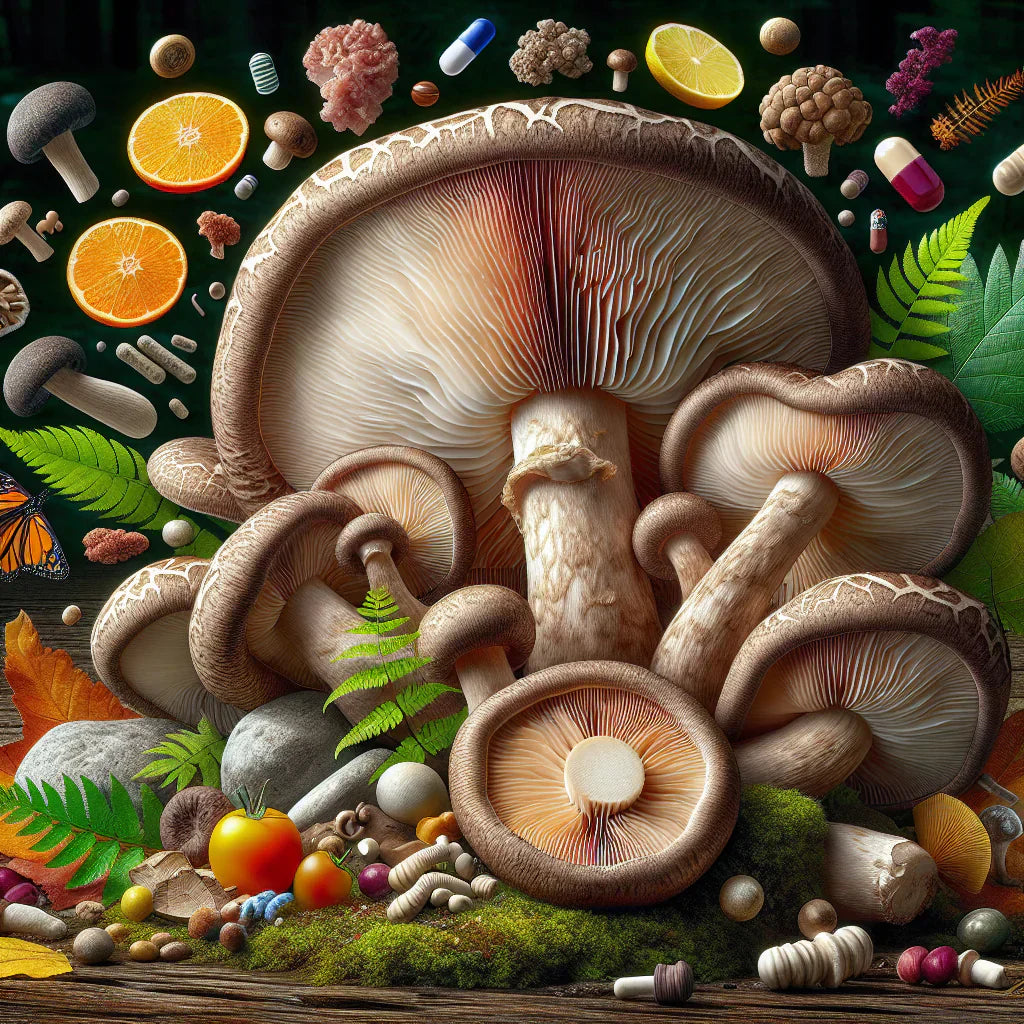
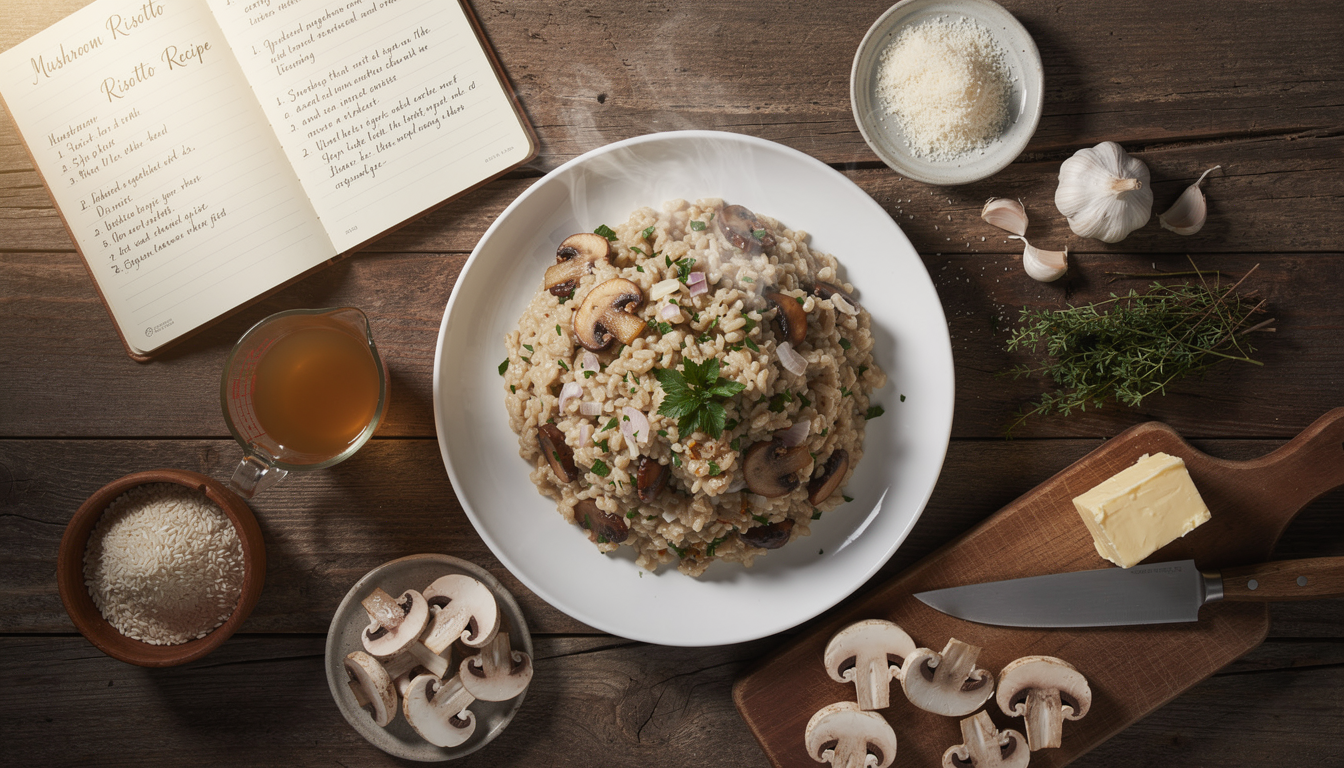
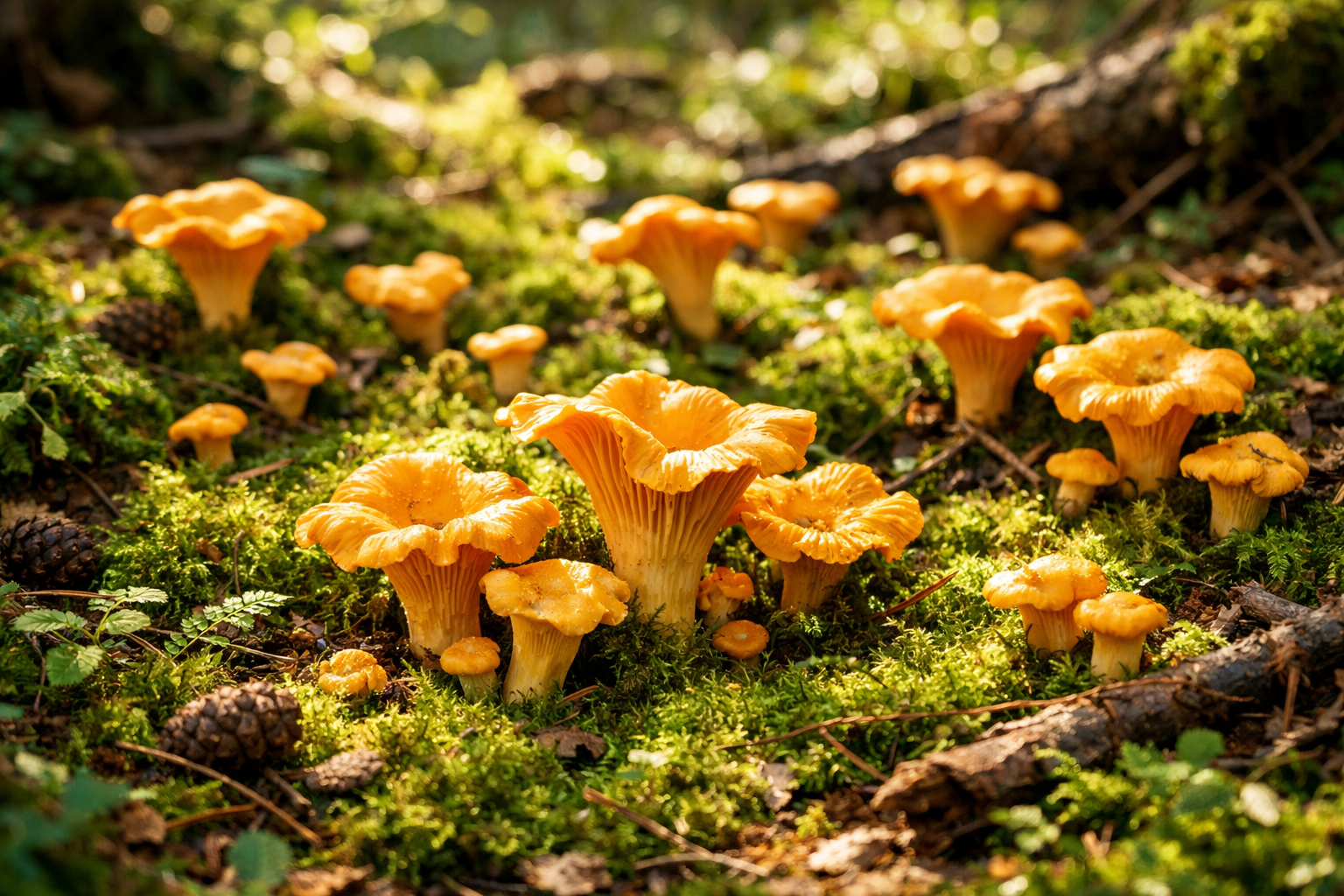
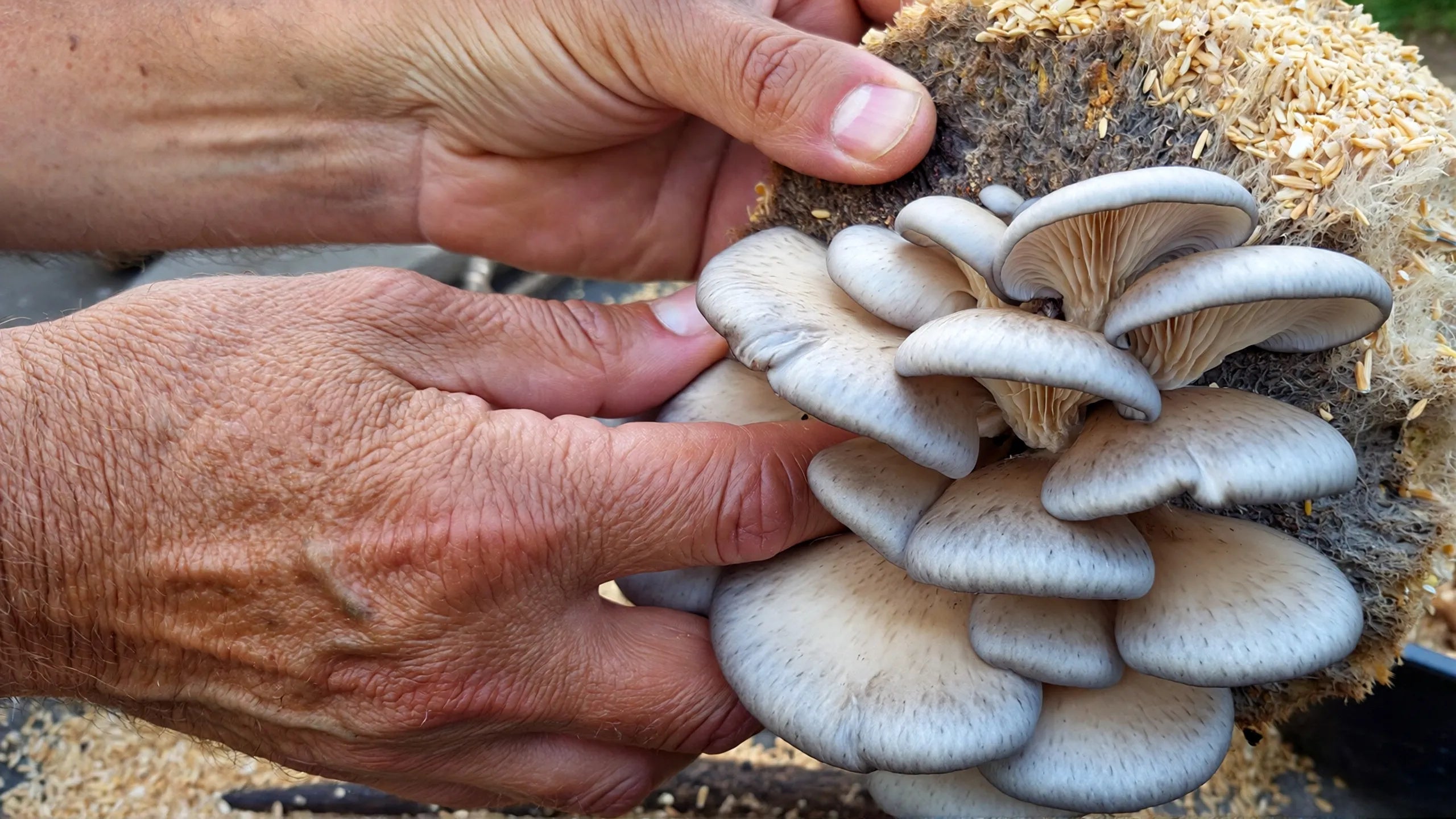
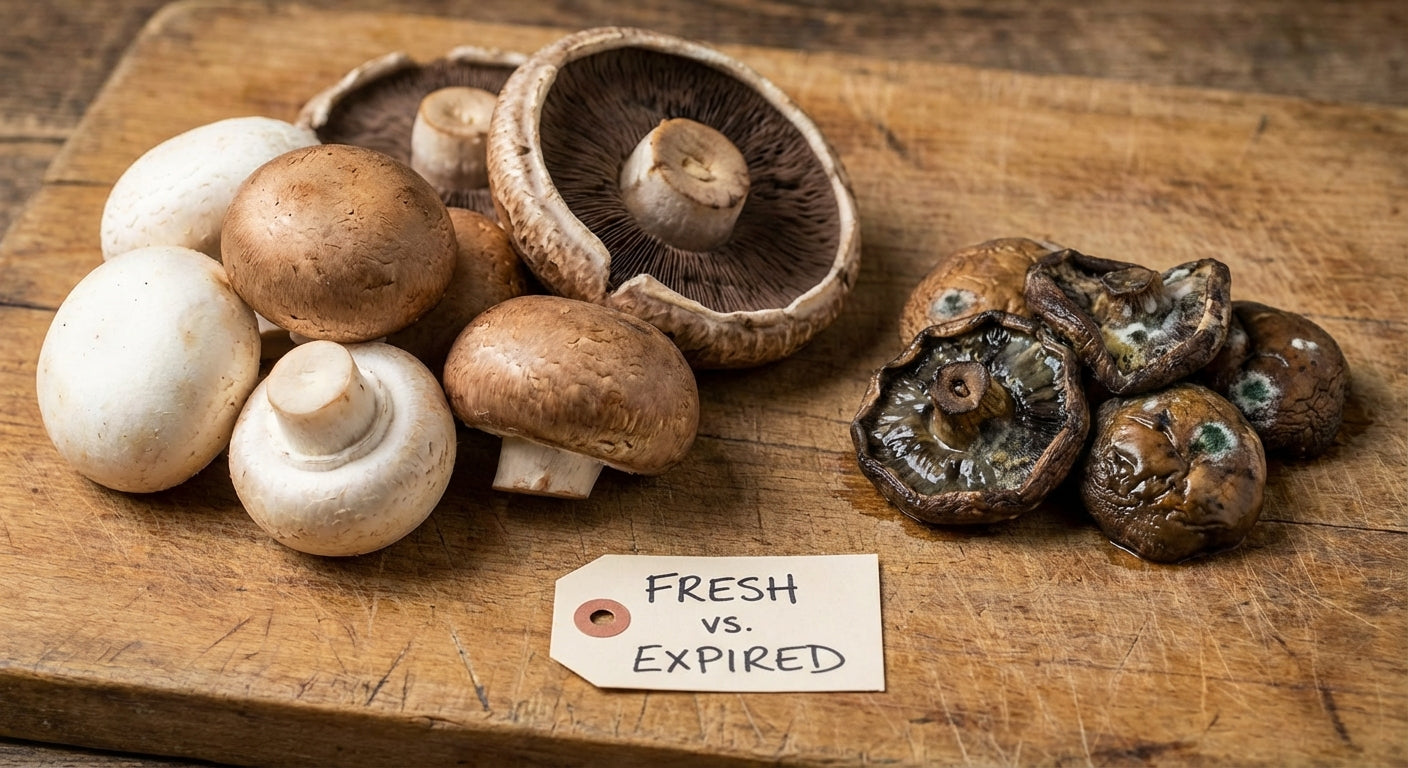
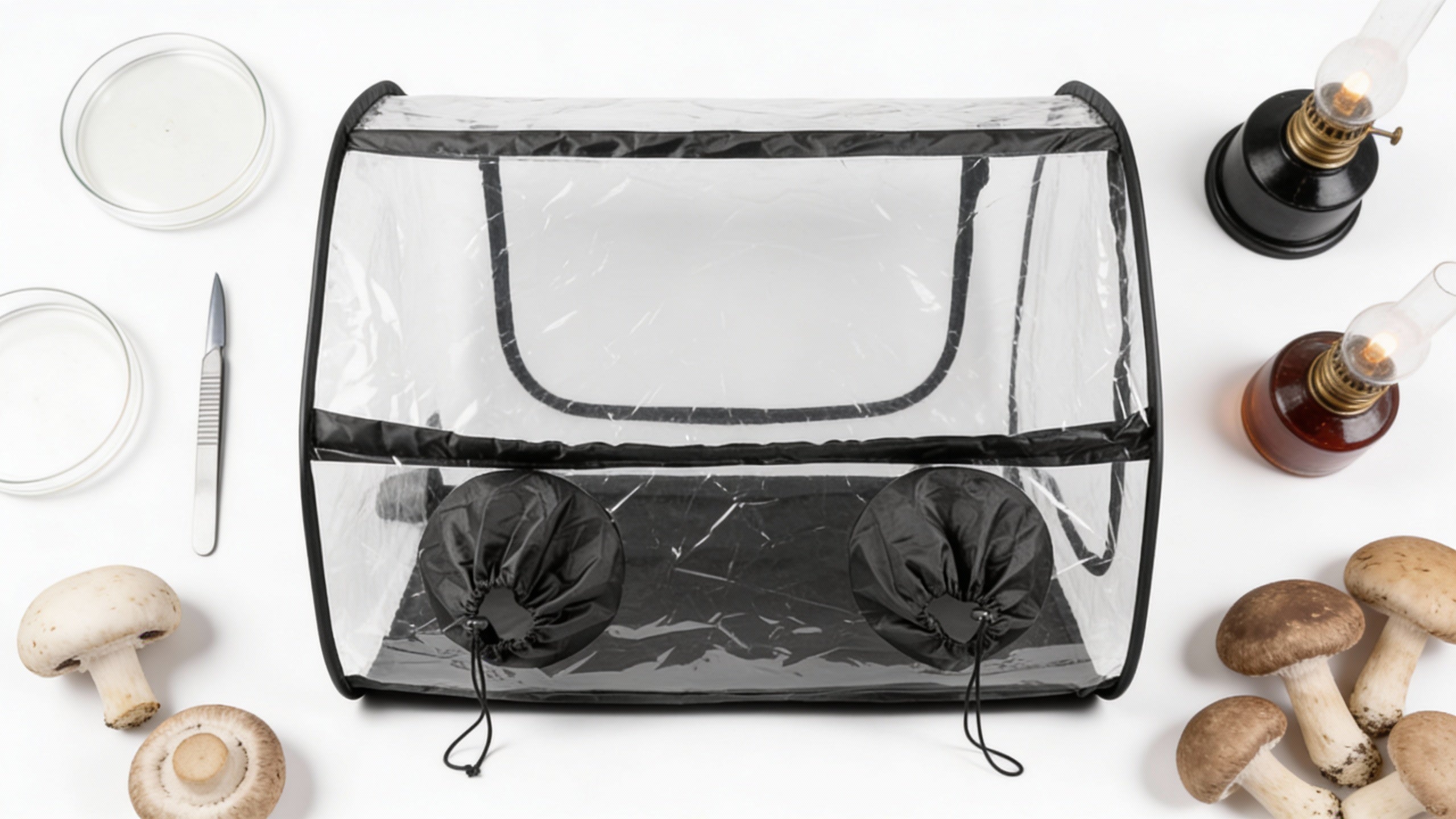
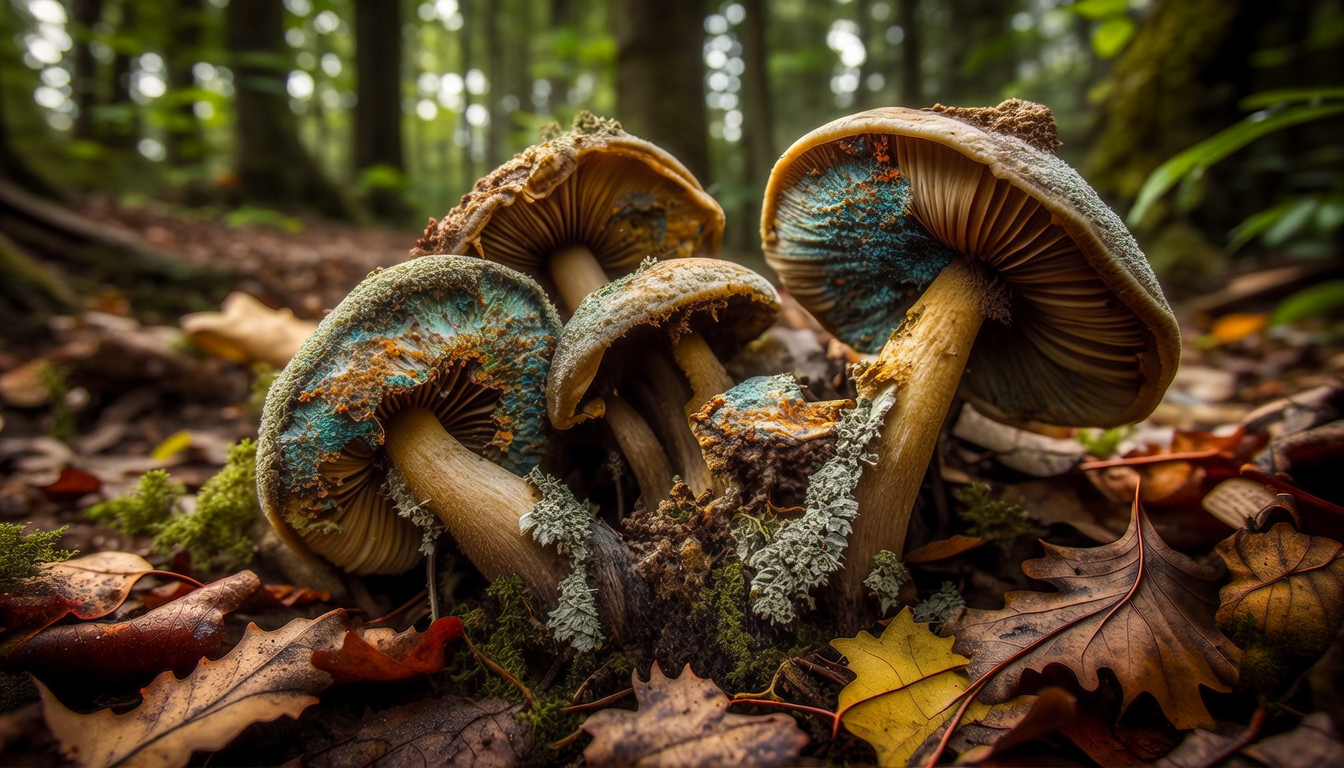
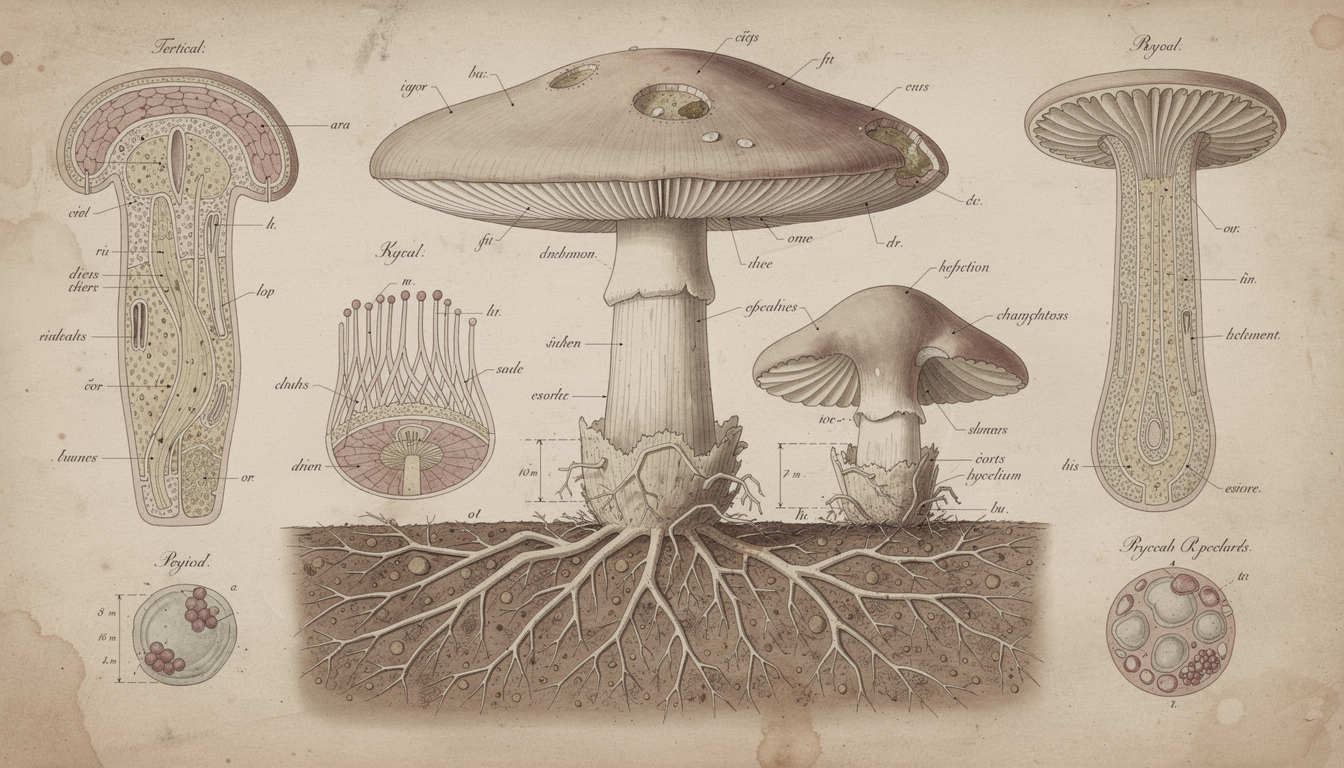
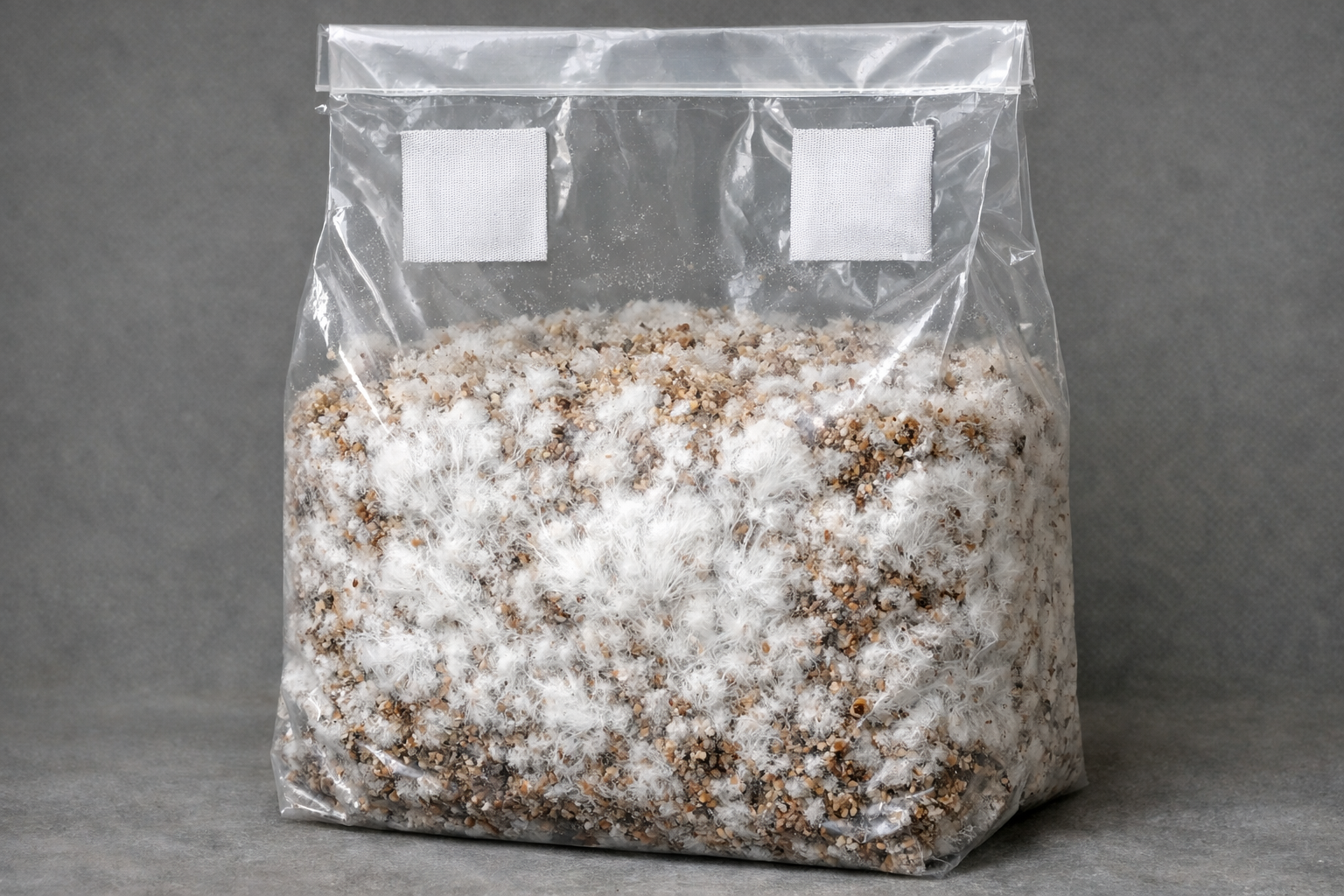
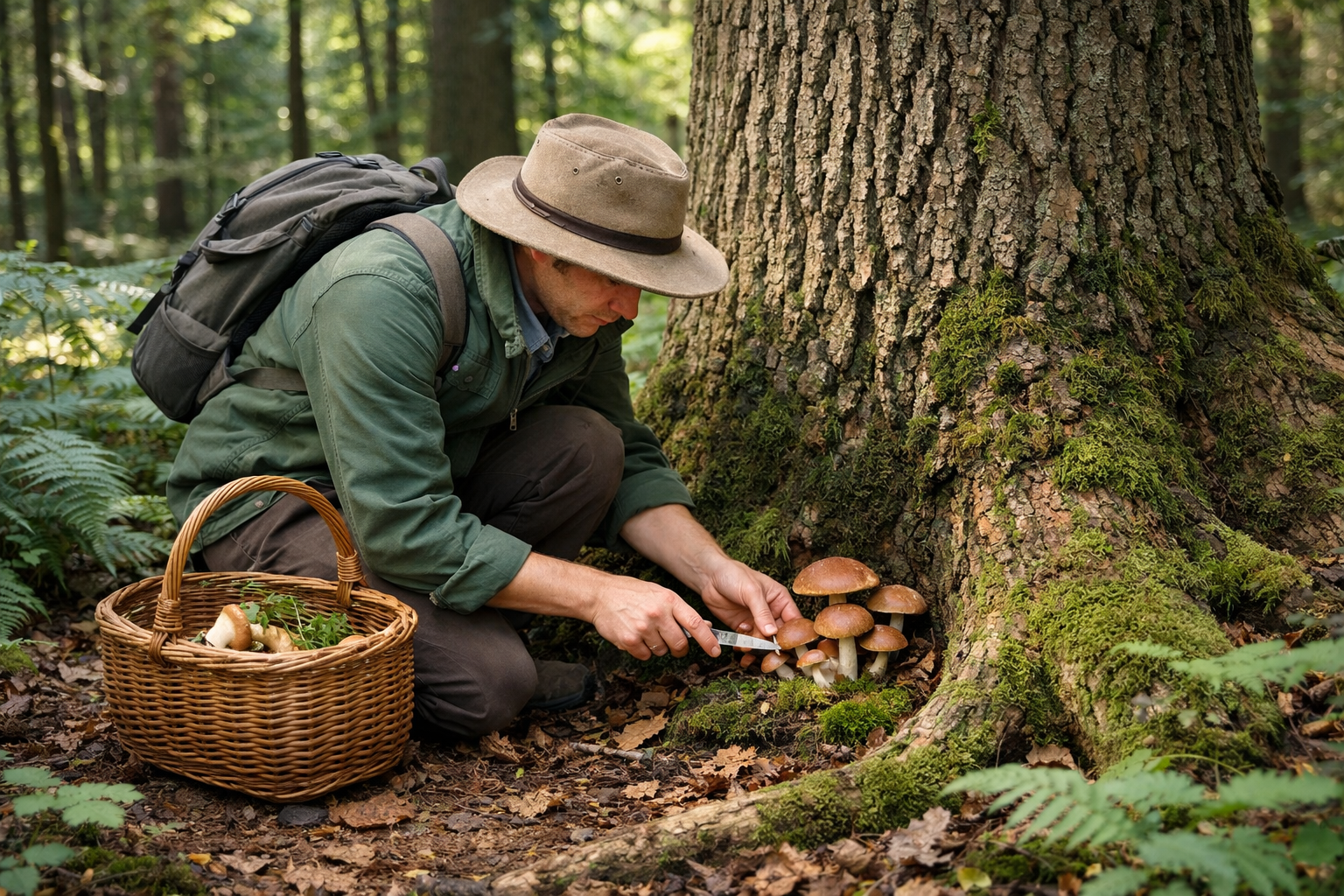

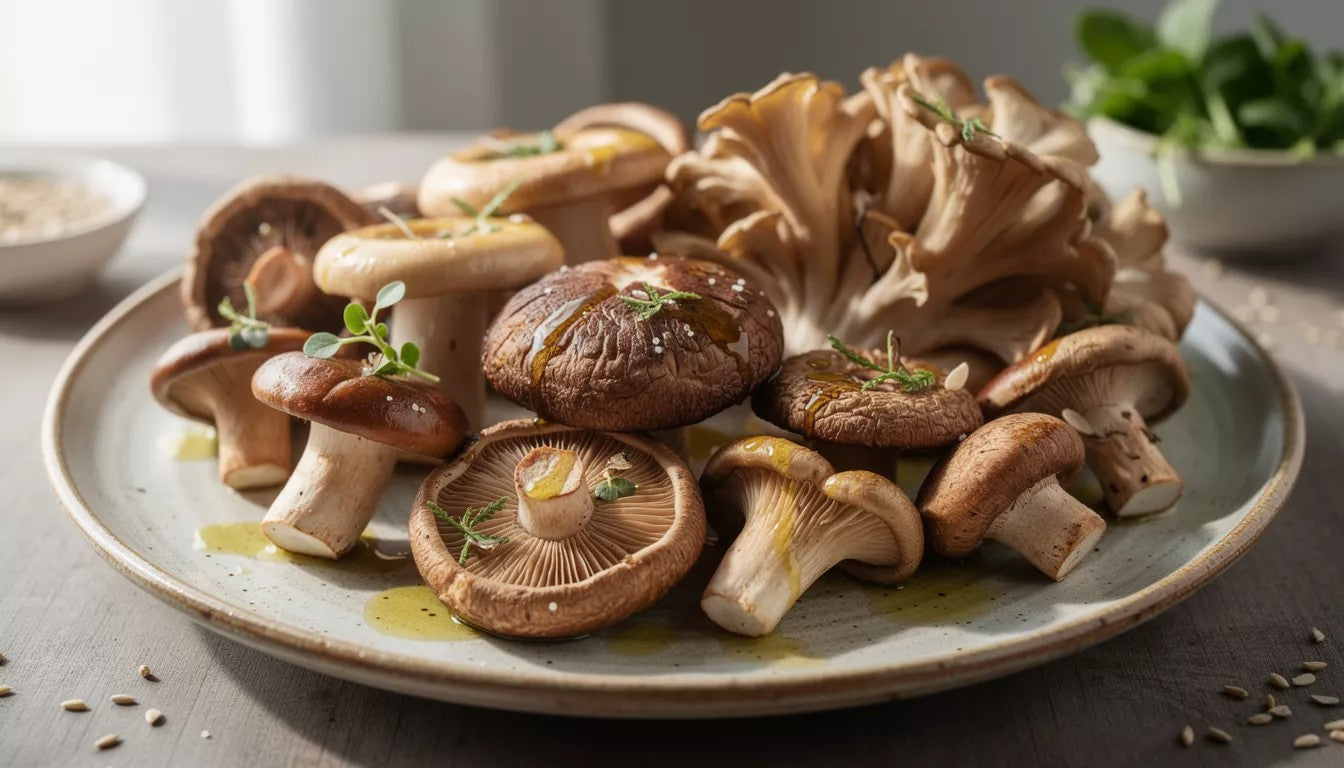
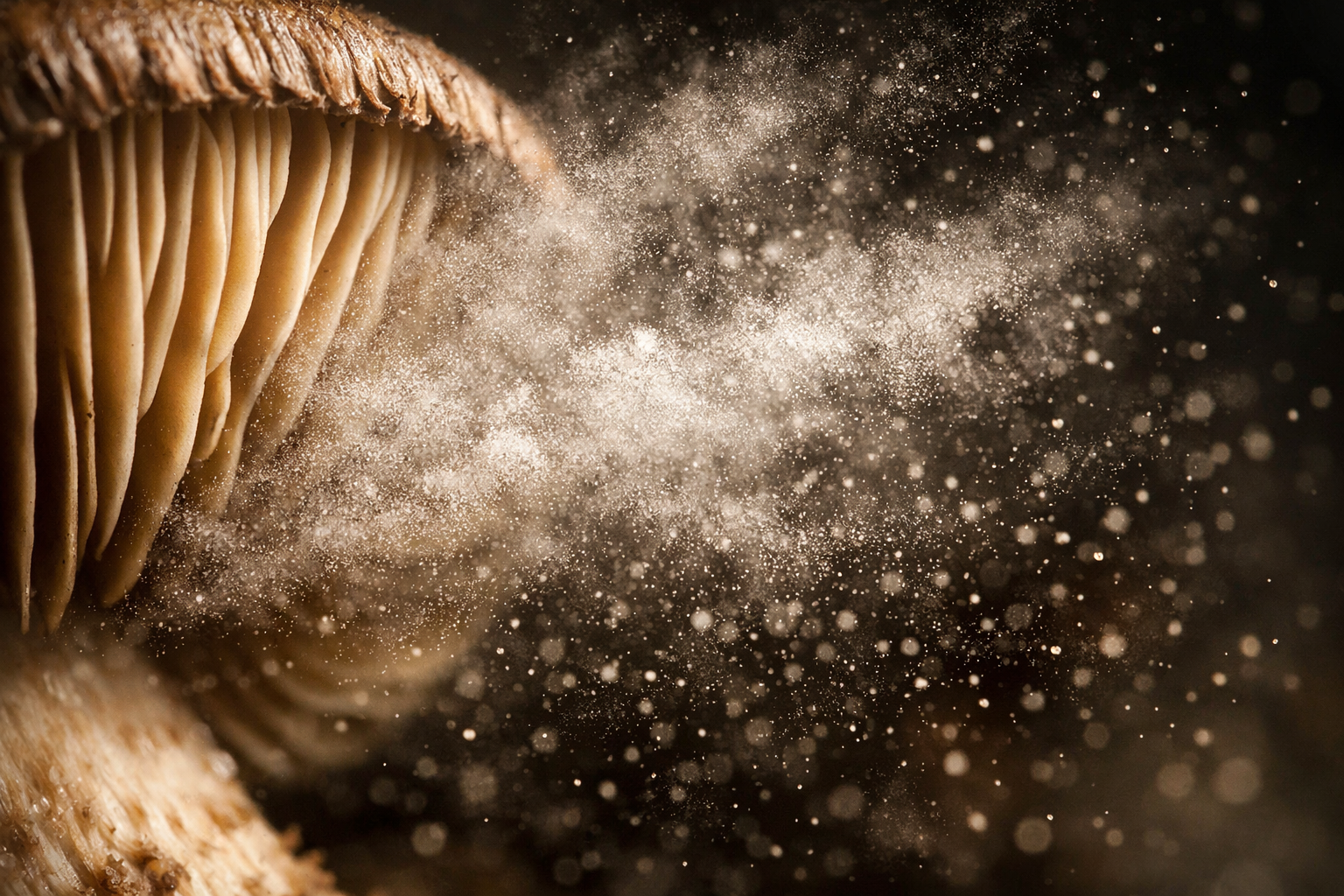
Share:
How to Prepare Maitake Mushrooms: Easy Steps for Delicious Results
Roasted Maitake Mushrooms: A Delicious and Nutritious Treat